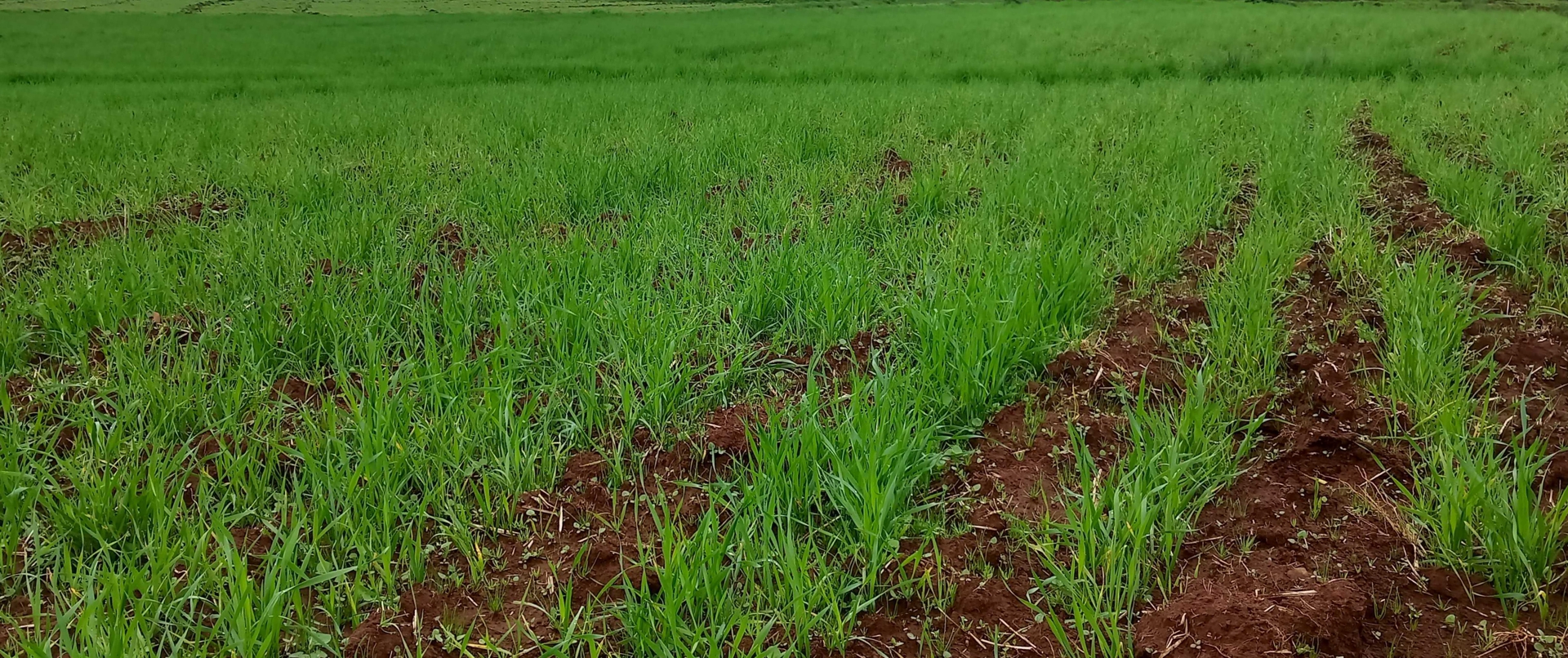Agriculture is a family business in Ethiopia and labor division relies on cultural norms. Access to extension services and agricultural inputs (e.g., training or fertilizer) has been traditionally directed to male heads of family, meaning women farmers are often left out of game-changing knowledge and without yield-boosting inputs.
The Ministry of Agriculture of Ethiopia is taking steps to close this gender gap in partnership with local and international NGOs. As part of this endeavor, Digital Green is working with Tanager through IGNITE project to develop a gender-sensitive approach to boost women’s access to agricultural extension services. The first step in this process is to understand how wheat farming households divide tasks between men and women.
Women provide critical support to male tasks
A qualitative study led by Laterite and Digital Green has shown that while women take the lead on some agricultural tasks like monitor leaves for rust and storage, they play a crucial supporting role in almost all.
For example: land preparation is almost by default a man’s job. The participants of our study say that men usually take the lead in this activity because of the physical nature of the task. Sometimes men usually lead and sometimes even hire help. However, while ploughing the field is the most visible part of the job, it doesn’t tell the whole story. Our focus group participants reveal that women are needed to provide the laborers’ lunch, fetch water, and move ahead of the till to prepare the soil. The activity is therefore a team effort, with both women and men playing important roles.
These findings are part of an IGNITE & Digital Green DAAS initiative entitled “Exploring Intra-Household Decision-Making and Best Practice Adoption Outcomes of Women-Targeted Digital Extension” and are described in detail on the Phase 1 Report.
More information
This post is a short summary of Digital Green’s article about Gender Integration in Digital Green’s Work
The IGNITE program is a five-year investment in a technical assistance mechanism to support African institutions to integrate gender and nutrition into their agriculture interventions and way of doing business. IGNITE is implemented by Tanager, Laterite, and 60 Decibels.
